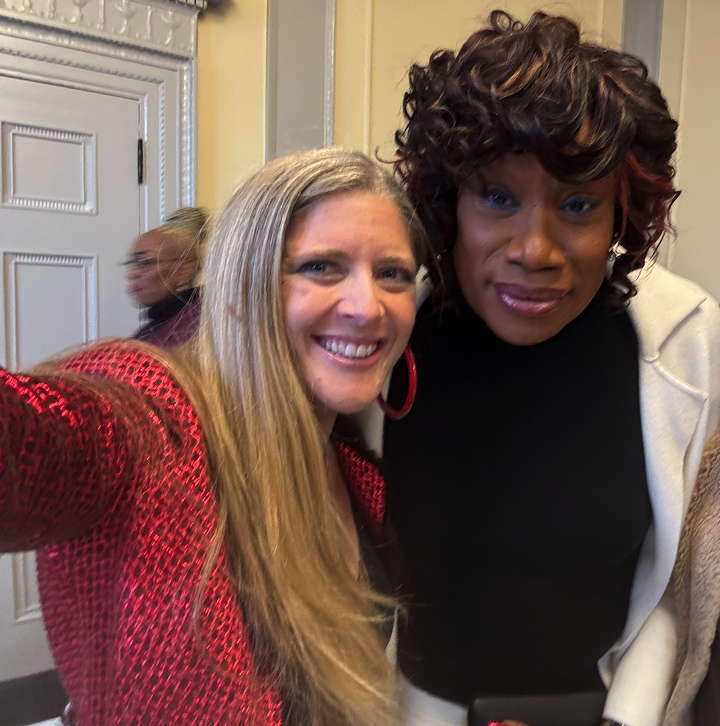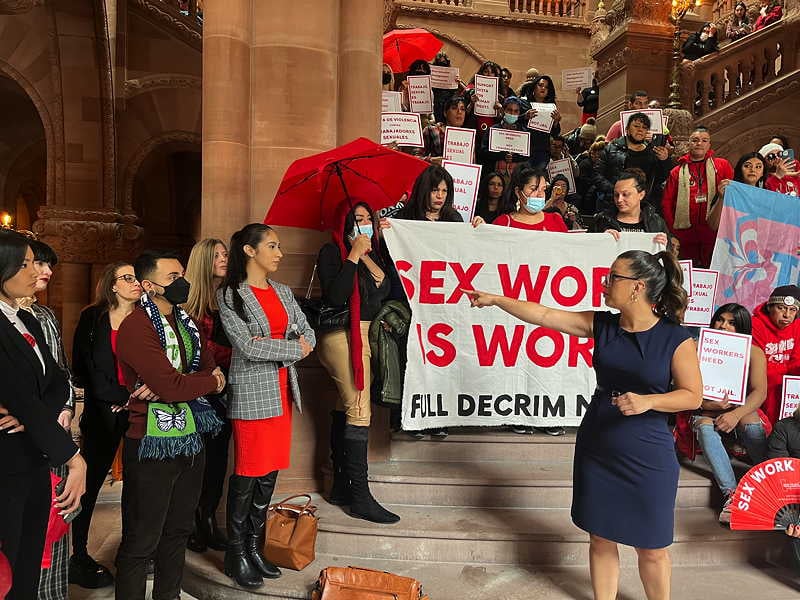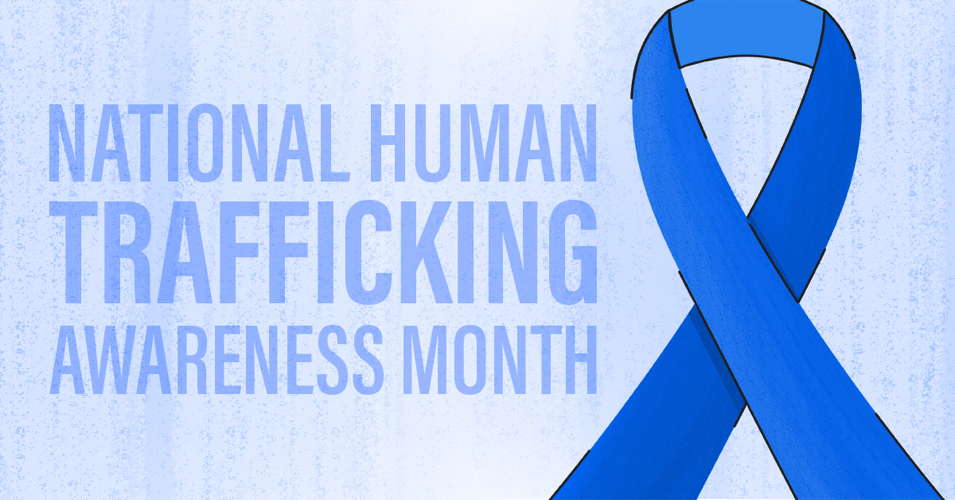February 18, 2025
Moral panics have long shaped public policy, often to the detriment of the very people they claim to protect. One of the most infamous moral panics, the Satanic Panic, resulted in nearly 12,000 unsubstantiated cases of Satanic ritual abuse in the 1980s. The unfounded panic around Satanism resulted in hundreds of false convictions, traumatized families, and millions of dollars wasted on prosecutions and investigations. Sociologist Stanley Cohen outlines the five stages of moral panic as:
1. An event, condition, episode, person, or group of persons is perceived and defined as a threat to societal values, safety, and interests.
2. The nature of these apparent threats are amplified by the mass media, who present the supposed threat through simplistic, symbolic rhetoric. Such portrayals appeal to public prejudices, creating an evil in need of social control (folk devils) and victims (the moral majority).
3. A sense of social anxiety and concern among the public is aroused through these symbolic representations of the threat.
4. The gatekeepers of morality – editors, religious leaders, politicians, and other “moral”-thinking people – respond to the threat, with socially-accredited experts pronouncing their diagnoses and solutions to the “threat.” This includes new laws or policies.
5. The condition then disappears, submerges or deteriorates and becomes more visible.
Today, the dominant moral panic around human trafficking follows this same pattern, leading to policies that criminalize sex work, waste resources, and ultimately fail actual trafficking victims.
1. Defining the Threat: “Sex Trafficking Is Everywhere”
The moral panic around human trafficking begins with defining a broad, complex issue in simplistic, alarmist terms. Many activists, politicians, and media figures frame sex work and human trafficking as indistinguishable, pushing the idea that anyone selling sex must be a victim of coercion. Well-meaning but misguided anti-trafficking groups and spokespeople have amplified the message that trafficking is rampant, often relying on debunked statistics that exaggerate its prevalence. This framing ignores labor trafficking, the far more common form of exploitation, and erases the agency of consensual adult sex workers.
2. Media Sensationalism: The Myth of the Trafficked Child
Once the threat is defined, the media crafts a compelling and emotionally charged narrative. Reports focus on young, white, suburban girls kidnapped and forced into prostitution — despite evidence that most trafficking victims are vulnerable adults facing economic hardship. Sensationalist stories like the viral “Wayfair conspiracy” and QAnon-fueled abduction myths distort public perception, leading people to believe trafficking is primarily about strangers kidnapping children in public places rather than the systemic issues of poverty, migration, and restrictive labor laws.
3. The Rapid Build-Up of Public Concern
Misinformation spreads quickly, especially in the age of social media. Well-meaning but misinformed activists spread hashtags like #SaveTheChildren, while lawmakers use trafficking as a justification for harsher criminal penalties. Religious groups and anti-porn organizations exploit the panic to push their own agendas, arguing that pornography and consensual sex work fuel trafficking — despite research showing no causal link. Politicians use trafficking as a bipartisan rallying cry, boosting their reputations while failing to pass policies that actually help victims.
4. Policy Responses That Do More Harm Than Good
As fear reaches its peak, authorities take action — often in ways that harm the very people they claim to protect. Laws like SESTA/FOSTA, intended to curb trafficking, have instead made sex work more dangerous by forcing people off safe online platforms and into riskier street-based work. Police “rescue” operations frequently result in the arrest of sex workers, who are then subjected to criminal records, deportation, or further exploitation. Meanwhile, actual trafficking victims receive little support, as resources are diverted toward criminalizing consensual adult sex rather than addressing root causes like economic vulnerability and restrictive immigration policies.
5. The Panic Recedes — or Becomes Institutionalized
Eventually, every moral panic either fades or leads to lasting social changes. In the case of human trafficking, the panic has become embedded in law enforcement practices, public policy, and media narratives. Even as research contradicts the dominant trafficking myths, policies that criminalize sex work in the name of combating trafficking persist. Some advocates are working to shift the conversation, emphasizing harm reduction and decriminalization, but the entrenched moral panic makes reform an uphill battle.
The Real Solution: Evidence-Based Policy, Not Panic
If we truly care about preventing trafficking, we must move beyond fear-based narratives and toward evidence-based solutions. That means decriminalizing consensual adult sex work to protect workers from exploitation, funding services for trafficking survivors rather than policing, and addressing the structural conditions — poverty, housing insecurity, restrictive immigration laws — that make people vulnerable to trafficking in the first place.
Moral panics distract from real solutions, creating policies based on fear instead of facts. If we want to end trafficking, we must first stop the cycle of hysteria that criminalizes sex workers and ignores the realities of exploitation.

Popular movies like Taken have helped to fuel the moral panic around trafficking even though its depiction of trafficking is sensationalized and problematic.
DSW Newsletter #60 (February 2025)
Vermont Introduces S.54 and H.190 To Decriminalize Consensual Adult Sex Work

Troubling Trend: Bills That Increase Penalties for Solicitation
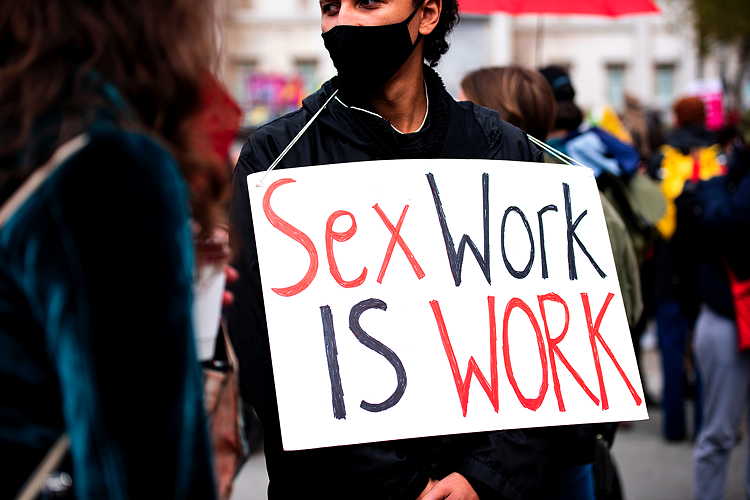
Black History Month: Profiling Gloria Lockett

New York City Designates January 31 as Cecilia Gentili Day
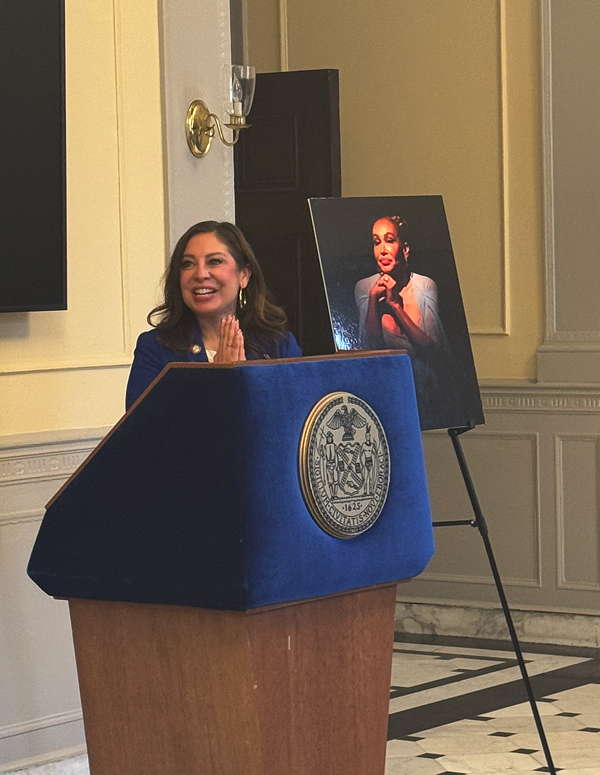
Moral Panic and Human Trafficking: How Hysteria Harms Sex Workers and Victims




